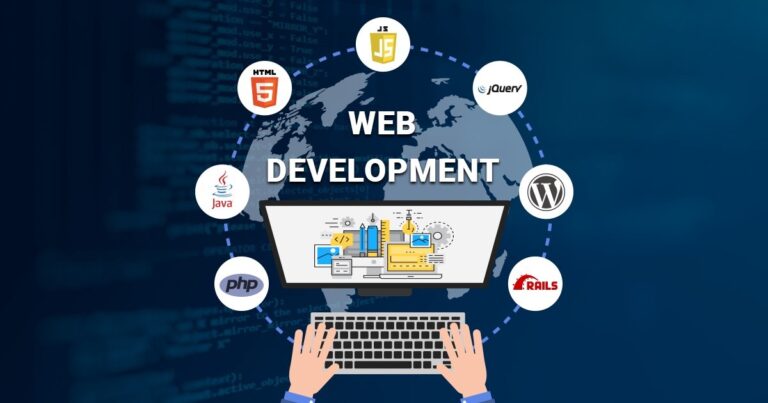How Disability Advocacy Helps You Access NDIS Rights

Independent advocacy for persons with disability also has the particular determination to support persons with a disability to access NDIS in Melbourne. Getting help can seem complicated at times because it involves knowing your rights and seeking the assistance you are entitled to; that is where advocacy services come in handy because they take you through effortlessly.
This blog examines disability advocacy and how it helps you obtain information on managing disability services in Melbourne, enabling you to access all the support you need.
-
Understanding Your NDIS Rights
Disability advocates possess extensive knowledge about the NDIS framework and the specific rights of participants. They help you comprehend your entitlements under the scheme, which include:
- The Right to Access Support: They ensure that you and your loved ones know you have the right to receive the care that will help you succeed. This refers to the cost of essential therapies, equipment, and hiring personal assistants.
- The Right to Personalised Planning: Their needs are not only different, but they are also distinct. Disability advocates help you understand your capacity to consider your needs and wants when planning.
- The Right to Dignity and Respect: Disability advocates remind you of your right to being accorded courtesy and respect by all the providers and NDIS.
Understanding these rights forms the foundation of your interaction with the NDIS and empowers you to advocate for yourself.
-
Navigating the NDIS Process
The NDIS process can be complex, requiring various forms, assessments, and documentation. Disability advocates simplify this journey by:
- Explaining the Application Process: They explain the steps in applying for the NDIS, clarifying what to expect at each stage. This demystification can significantly reduce anxiety.
- Assisting with Documentation: Advocates help you gather and prepare essential documentation, ensuring that all necessary information is included. This thorough preparation can enhance your chances of a successful application.
- Guiding You Through Planning Meetings: The NDIA advises that planning meetings are essential in identifying your support for the NDIS package. In these meetings, advocates help you to explain your requirements and objectives adequately. They also accompany you to these meetings for additional support.
-
Support in Planning Meetings
In the NDIS process, a grasp meeting is essential, and the advocates are strategic when planning the conference. They can:
- Be present during meetings with you to help you argue your stand and ensure that your needs are well understood.
- They also assist you in clearly stating your aims and vision in a manner that will ensure that you get the proper funds to support your vision.
- Help you with all matters of negotiating with NDIS planners to have your needs provided for.
-
Resolving Issues and Disputes
Challenges and disputes can arise during your journey with the NDIS. If you face difficulties with your plan or feel your rights are not being respected, disability advocates provide valuable support by:
- They help you understand the processes to ensure you can file complaints or claims or request a review of decisions.
- They help address any issues that participants may encounter at any stage of the review process.
- They help you understand your options if your needs change and require a plan review.
-
Connectng with Resources and Services
Disability advocates in Melbourne have extensive knowledge of local resources and services that can complement your NDIS support. They can:
- Connect you with other support services that complement your NDIS funding, such as community groups and mental health services.
- Provide information about additional programs and funding opportunities that may be available to you.
-
Empowerment and Capacity Building
One of the essential ideas of incapacity advocacy is empowering the individual to self-advocate. Advocates provide training and resources to help you build your capacity by:
- Provide training and resources to help the participant understand their rights and how to assert them.
- Empower participants to become their advocates by assisting them in learning how to interact with service providers.
-
Fostering a Supportive Community
Engaging with disability advocacy not only aids your journey but also helps foster a supportive community. Advocacy services often:
- Create Networks: They connect participants with other individuals with disabilities, fostering a sense of belonging and community. It is powerful to have someone guide participants or listen to them as they work through things themselves.
- Promote Awareness and Understanding: Supporters sensitise the public on disability issues to encourage the community to respect the rights of people with disabilities.
- Advocate for Systemic Change: Such organisations likewise practice systemic advocacy by promoting more significant alterations for the enhanced services and the rights of persons with disabilities in the policy arena.
Final Thoughts
Disability advocacy is a critical legal service that can help people get rights under the NDIS in Tarneit. Thus, advocates assist participants in obtaining the necessary support to lead a productive life, offering guidance and support when they need assistance for their rights. Regarding the NDIS, you may need help from an advocacy service if you cannot obtain the necessary support.







